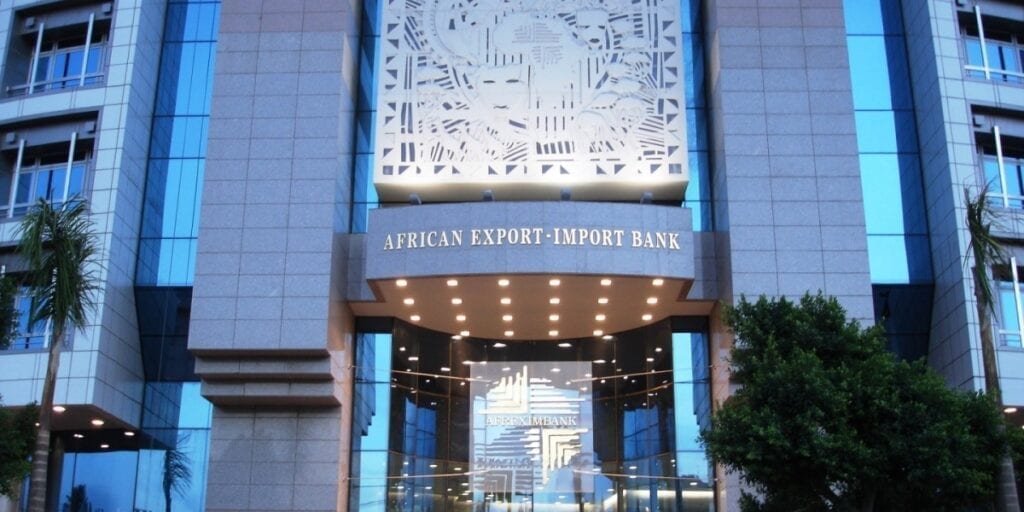
LONDON, (Reuters) – Some of Africa’s smaller multilateral development banks, including the Africa Export-Import Bank (Afrexim) and the Trade and Development Bank (TDB), could be stripped of their Preferred Credit Status, JPMorgan analysts warned.
Preferred Creditor Status (PCS) is a widely accepted principle under which MDBs are given priority for repayment of debt when a country or company they have lent to experiences financial stress.
It is at the heart of why the banks are able to provide cheaper financing to developing countries. However, larger MDBs have suggested that some smaller regional ones, especially in Africa, may not provide enough concessional loans to justify the privilege.
It is something that has been source of tension in debt restructurings taking place in Zambia, Ghana and Malawi where there is uncertainty about what happens to the loans Afrexim, TDB and others have provided to the countries.
JPMorgan’s analysts said in a research note on Monday that it, “looks more likely to us now that PCS gets tested negatively in a few sovereign restructurings for smaller MDBs.”
“This could result in their claims being treated as part of overall restructured debt,” adding that if that was the case it would raise the riskiness of their bonds.
They estimated that TDB’s exposure to the governments of Malawi and Zambia was likely to be included in both countries debt restructurings.
Afrexim’s exposure to Ghana and Malawi’s governments is also at risk, although this is less certain with Ghana’s big official sector creditors reportedly wanting Afrexim to take losses but the government also approaching the IMF in support of the bank.”Taking this risk and banks’ loan concentrations in mind and also bond valuations, we position underweight Afrexim and TDB,” JPMorgan’s analysts said, underweight effectively being a recommendation to sell or avoid a bond.
Afrexim primarily makes direct loans to central banks, commercial banks and central governments. Its big shareholders include Nigeria’s government and Egypt’s central bank which both have a 15% stake but it has some private shareholders too.
TDB focuses on trade and project financing in Eastern and Southern Africa. The African Development Bank has a 9% shareholding. Egypt, Ethiopia, Kenya and Tanzania have 5-7% each and, like Afrexim, it has some private ownership as well.
(Reporting by Marc Jones; Editing by Sharon Singleton)

